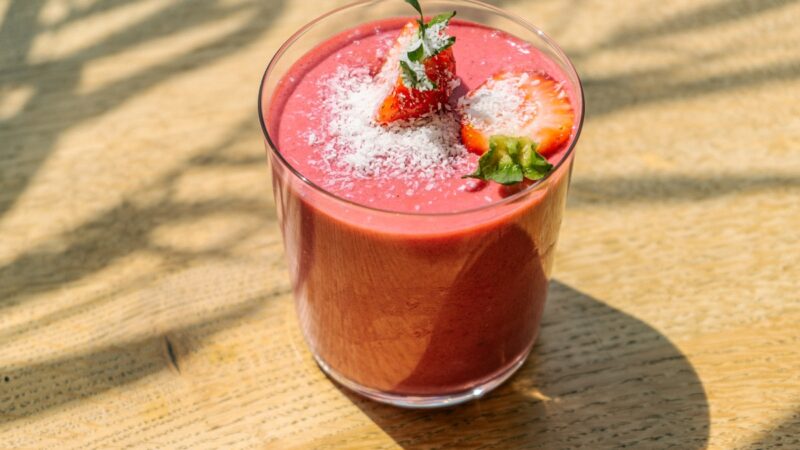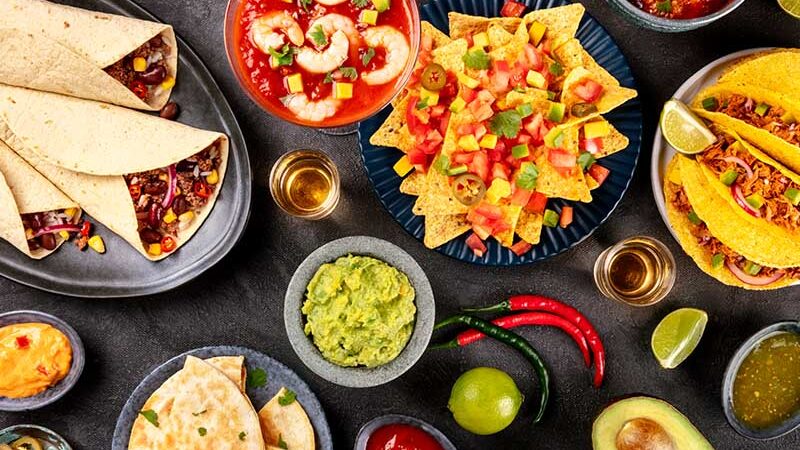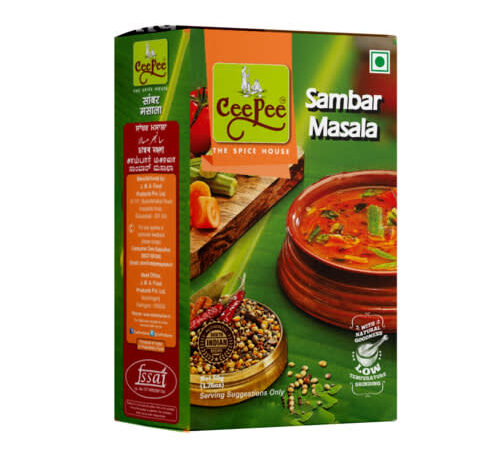Benefits of Mango

Mangos are indigenous to Southeast Asia and India and they’ve been grown there for more than 4,000 years. There are hundreds of different varieties of mango, each having its flavour, appearance, size, and colour. In addition to being tasty, mango benefits have an outstanding nutritional profile as well. Studies show that mangoes and the nutrients they contain have several health advantages, including boosted immunity and a healthy digestive system. The fruit’s polyphenols may even help to reduce the chance of developing certain malignancies. The benefits of mangoes include the following:
-
Having few calories
Mango’s low-calorie content is an additional advantage. Fresh mango does have an extremely low-calorie density, or how few calories there are in a given amount of food, but one cup (165 grams) of it has less than 100 calories. In actuality, the majority of vegetables and fruits are low calorically dense foods. One research discovered that eating fresh produce, such as mango, at the beginning of a meal may prevent overeating later on. However, take in mind that this could not apply to dried mango. The 510 calories, 106 grams of sugar, and greater calorie density in only 1 cup (160 grams) of dry mango. Because of the high mango calories content & sugar content, dried mangoes may be best consumed in moderation even though it has a wealth of nutrients such as vitamins, nutrients, and antioxidants hence mango is good for weight loss.
-
Might help avoid diabetes
Compared to other fresh produce, fresh mangoes have higher natural sugar content, with around 22 grams in each cup. If you have a metabolic disease like diabetes or are attempting to reduce your sugar consumption, you may assume that this could be concerning. The consumption of fresh mangoes, however, does not seem to cause diabetes or is harmful to those who already have the disease. Several studies have discovered a connection between consuming more fresh fruit and an overall reduced risk of developing diabetes. The precise link between fresh mangoes & diabetes hasn’t been thoroughly investigated in the study.
According to a research, people’s levels of blood sugar did significantly improve after consuming 10 grams of freeze-dried mangoes daily for 12 weeks. Another recent research found that eating foods rich in vitamin C plus carotenoids may help delay the development of diabetes. Mango is rich in each of these elements, so it could have comparable advantages, but more study is necessary. However, eating far too much mango at once might result in a surge in blood glucose levels due to the fruit’s naturally high sugar content. As a result, it might still be preferable to eat mango in moderation, which is to say, a usual serving size of 1 cup (165 grams) at a time. To reduce blood glucose spikes, it might also be beneficial to combine it with other meals that are high in protein & fiber.
-
Rich in advantageous plant chemicals
The antioxidant plant chemicals known as polyphenols, which seem to be abundant in mango, help to keep your body healthy. The flesh, skin, and even the seed kernel of this fruit are concentrated with more than a dozen distinct varieties. Mangiferin, anthocyanins, catechins, gallic acid, rhamnetin, and benzoic acid are a few of them. Because they defend your cells from free radicals, antioxidants are crucial. Your cells may suffer harm from these extremely reactive substances. Oxygen radicals damage has been connected in research to aging symptoms and chronic illnesses. Mangiferin, a kind of polyphenol that has attracted the most attention of them all and is frequently referred to as a “super antioxidant,” is particularly potent. Mangiferin might prevent damage from free radicals connected to cancer, diabetes, as well as other diseases, according to research conducted on test tubes and animals.
-
Contains nutrients that promote immunity.
The immune-strengthening elements found in mangoes are helpful. 10% of the daily requirement for vitamin A is met by one cup (165 grams) of mango. A well-functioning immune system requires vitamin A. The danger of infection is increased when this vitamin also isn’t consumed sufficiently. Furthermore, 1 cup (165 grams) of mangoes contains about 75 percent of your daily requirements for vitamin C. This vitamin may increase the number of illnesses white blood cells present in the body, enhance the efficiency of these cells, as well as strengthen your skin’s defenses.
Other minerals included in mangoes, such as copper, folic, vitamin E, and various B vitamins, might even help to improve immunity.









